Description
HPP HERB BASIL GENOVESE
HPP HERB BASIL GENOVESE . An original Italian sweet basil prized for its spicy flavour and wonderful aroma. Fragrant plants grow 18-24″. This is the variety of choice for pesto. Make successive sowings for continuous summer supplies. Annual.
Cultivation Advice .2
- Basil thrives in warm weather, so plant it after the danger of frost has passed. Ensure a sunny location with well-draining soil for optimal growth.
- Use fertile, well-draining soil with good aeration. Incorporate organic matter like compost into the soil to improve its fertility and texture.
- Sow basil seeds directly in the garden bed or start them indoors in seed trays. Plant seeds ¼ inch deep in the soil.
- Germination typically occurs within 5-10 days at temperatures around 65-85°F (18-29°C).
- Basil loves sunlight and requires at least 6-8 hours of direct sunlight daily for robust growth.
- Water basil plants consistently, ensuring the soil remains evenly moist but not waterlogged. Water at the base to avoid wetting the leaves.
- Basil is a light feeder. Apply a balanced fertilizer or compost when planting and again during the growing season to provide essential nutrients.
- Thin basil seedlings to allow sufficient space between plants, approximately 6-12 inches apart, to ensure proper growth.
- If transplanting, do so carefully to avoid damaging the roots.
- Pinch off the tips of basil stems regularly to encourage bushy growth and prevent flowering. Harvesting also stimulates new leaf growth.
- Harvest leaves by snipping them from the top, promoting continual leaf production throughout the growing season.
- Monitor for pests like aphids, spider mites, or whiteflies. Use organic pest control methods or insecticidal soap if needed.
- Ensure good air circulation around the plants to prevent fungal diseases like powdery mildew.
- Mulch around basil plants to retain soil moisture, regulate temperature, and suppress weed growth.
- Regularly remove weeds to prevent them from competing for nutrients with the basil.
- Basil is sensitive to cold temperatures. In colder climates, consider growing it in containers that can be brought indoors or protect the plants with row covers when temperatures drop.
- Use fresh basil leaves in a variety of dishes, including pasta sauces, salads, pizzas, and pesto. Basil is best added toward the end of cooking to preserve its flavor.
- Aim for a slightly acidic to neutral soil pH between 6.0 and 7.0. Basil thrives in well-draining soil with good nutrient content.
- Regularly check the soil nutrients and supplement with organic fertilizers if needed.
- Basil can benefit from companion planting. Pair it with tomatoes, peppers, or parsley. Basil is believed to enhance the flavors of neighboring plants and deter certain pests.
- Regularly pinch off the terminal growth (top leaves and stems) to encourage branching and prevent the plant from flowering too early.
- When harvesting, snip the stems just above a leaf node to encourage new growth from that point.
- Basil can be easily propagated from cuttings. Take 4-6 inch cuttings from healthy plants, remove lower leaves, and place them in water or a well-draining medium until roots develop.
- Once rooted, transplant cuttings into soil for continued growth.
- Basil grows well in containers and can thrive indoors. Use pots with drainage holes and well-draining potting mix. Place the container in a sunny location.
- Pinch back regularly to maintain a compact, bushy shape suitable for container growth.
- Air-drying or freezing basil leaves allows for long-term preservation. Air-dry bunches of basil in a well-ventilated area, and store dried leaves in airtight containers.
- Alternatively, freeze basil leaves by pureeing them with a small amount of oil and freezing the mixture in ice cube trays for future use.
- Bolting (premature flowering) affects the flavor of basil leaves. Regularly pinching off flower buds or harvesting before the plant flowers helps maintain the best flavor.
- Harvest before bolting occurs to ensure optimal taste and aroma.
- Basil emits a fragrance that deters certain pests. Intercropping basil with other plants can help repel insects like mosquitoes and flies from the garden.
- Allow some basil plants to flower and produce seeds. Collect seeds from dried flower heads for future planting.
- Store basil seeds in a cool, dry place for the next growing season.

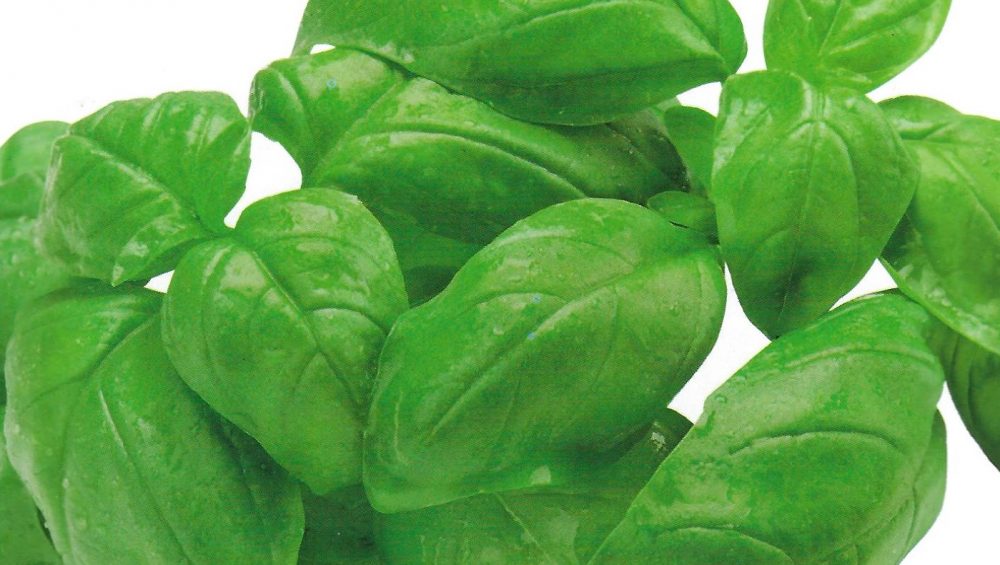
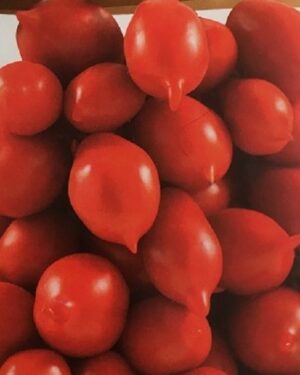
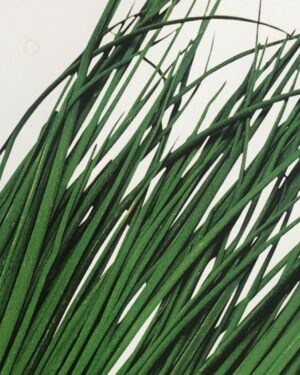
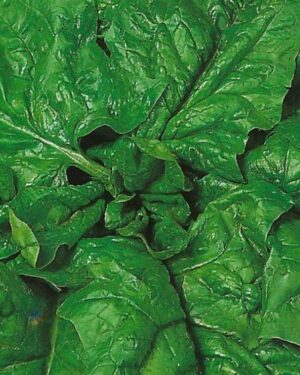
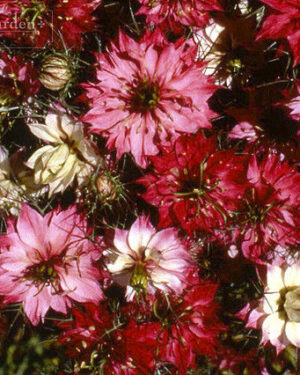
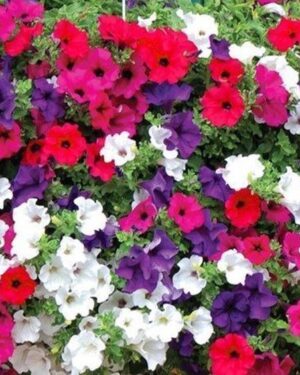
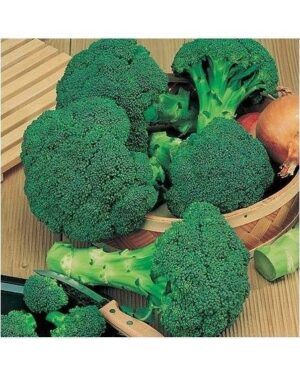
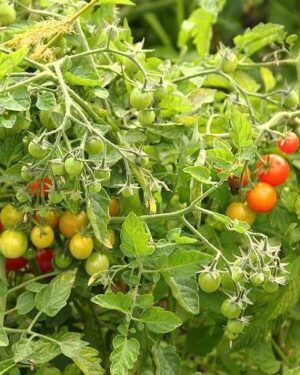
Reviews
There are no reviews yet.